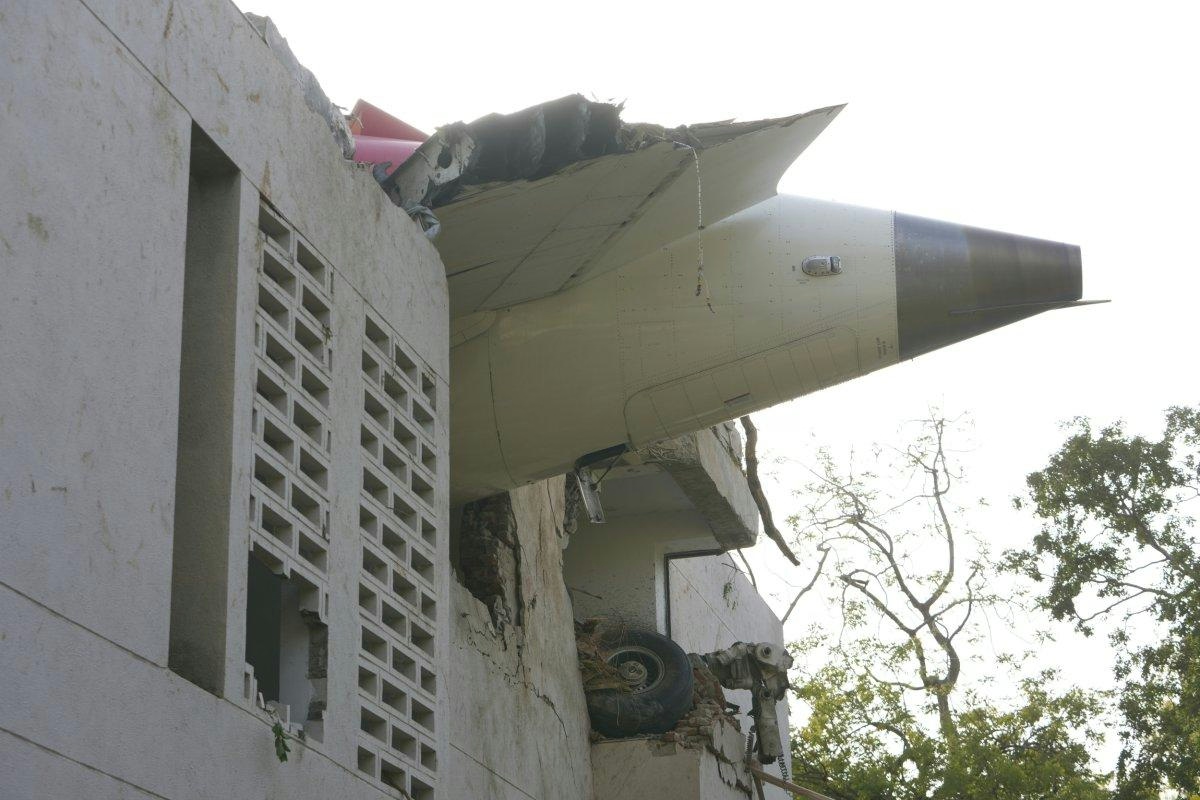
Smarter email, faster business.
Trending
CFM Q1 Leap Deliveries Decline Year Over Year Amid -1A Durability Issues
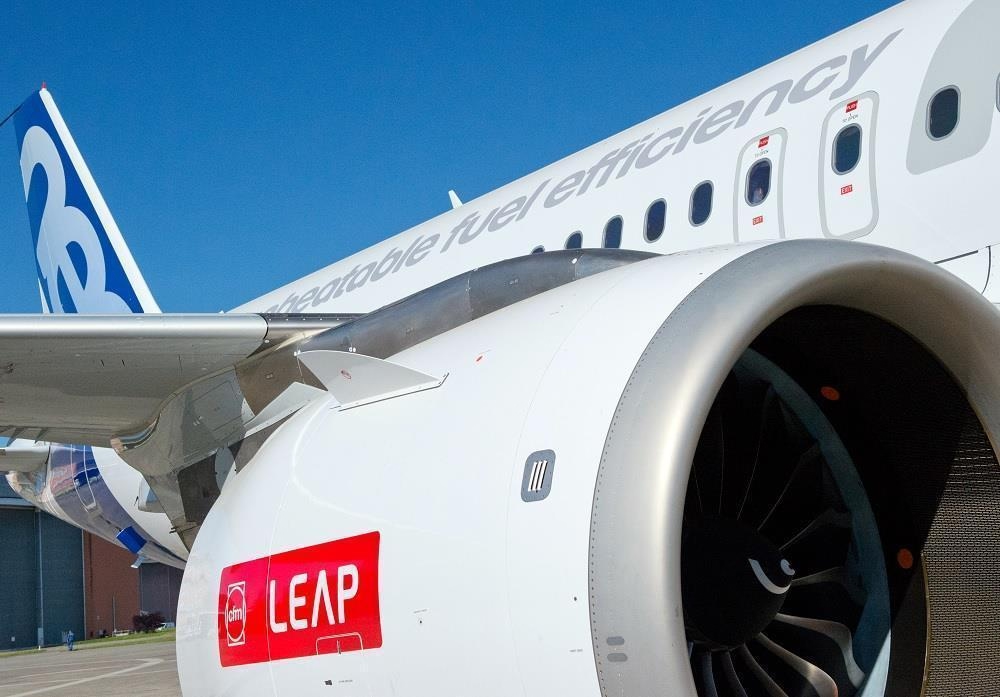
CFM International’s Leap Turbofan Deliveries Decline Amid Durability Challenges
CFM International experienced a 13% year-on-year decline in Leap turbofan engine deliveries during the first quarter of 2024, shipping 319 units compared to 367 in the same period last year. This downturn is largely attributed to ongoing supply chain disruptions that have constrained production capacity. In response, GE Aerospace, which co-owns CFM alongside Safran Aircraft Engines, has revised downward its full-year delivery forecasts for the Leap engine. These production challenges have created opportunities for competitors to gain market share as CFM works to alleviate bottlenecks.
Despite the initial setback, CFM remains optimistic about increasing output over the course of the year. The company has set a target to boost Leap deliveries by 15 to 20 percent in 2024, aiming to ship between 1,618 and 1,688 engines, up from 1,407 units in 2023. GE’s Chief Executive Lawrence Culp expressed confidence during the company’s April earnings call that ongoing improvements in manufacturing processes will enable CFM to meet these ambitious goals.
Advances in Engine Durability
A central focus for CFM has been improving the durability of its Leap engines, particularly the Leap-1A model that powers the Airbus A320neo family. All Leap-1A engines delivered to Airbus now incorporate a “durability kit” designed to mitigate premature wear, especially in challenging operating environments such as the Middle East’s dusty conditions. This kit, certified by the US Federal Aviation Administration late last year, includes redesigned high-pressure turbine blades, new stage one fuel nozzles, and upgraded nozzle supports. These enhancements are intended to extend engine life and reduce maintenance requirements.
Similar durability improvements are underway for the Leap-1B engine, which powers Boeing’s 737 Max. The redesigned turbine blades feature a simplified construction that facilitates manufacturing and supports CFM’s planned production ramp-up. According to Culp, the durability kit allows the Leap-1A to approach the time-on-wing performance historically associated with the highly regarded CFM56 engine.
Industry Perspectives on Durability
Despite these technical advancements, industry experts remain skeptical that new-generation turbofans such as the Leap and Pratt & Whitney’s PW1000G can match the exceptional durability of the CFM56, widely considered one of the most robust engines ever produced. Jonathan Berger, managing director at Alton Aviation Consultancy, stated, “They’ll never make that robust of an engine again.” Andrew Levy, CEO of Avelo Airlines, echoed this sentiment, asserting, “The CFM56 is probably the best engine that’s ever been built, and the Leap engine and the GTF are not. Is the [Leap] going to stay on wing as long? No way. It can’t.”
While acknowledging these concerns, CFM leadership emphasizes that the latest durability upgrades mark a significant advancement. They highlight ongoing investments in advanced materials and engineering innovations that are narrowing the performance gap between the Leap and its predecessor. As CFM continues to address supply chain challenges, the company remains committed to increasing production while maintaining the reliability and efficiency that have long defined its engines.
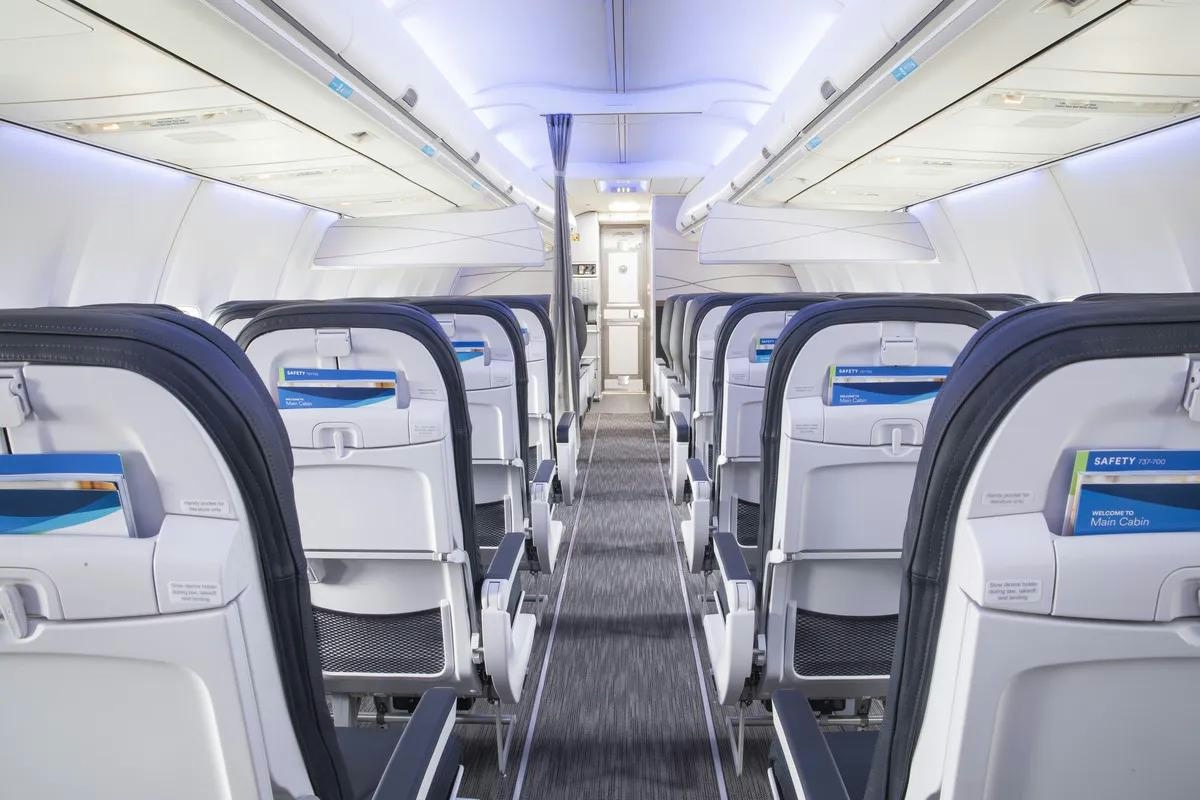
Key Questions on Chinese Travel, AI, and Airlines Answered by Skift
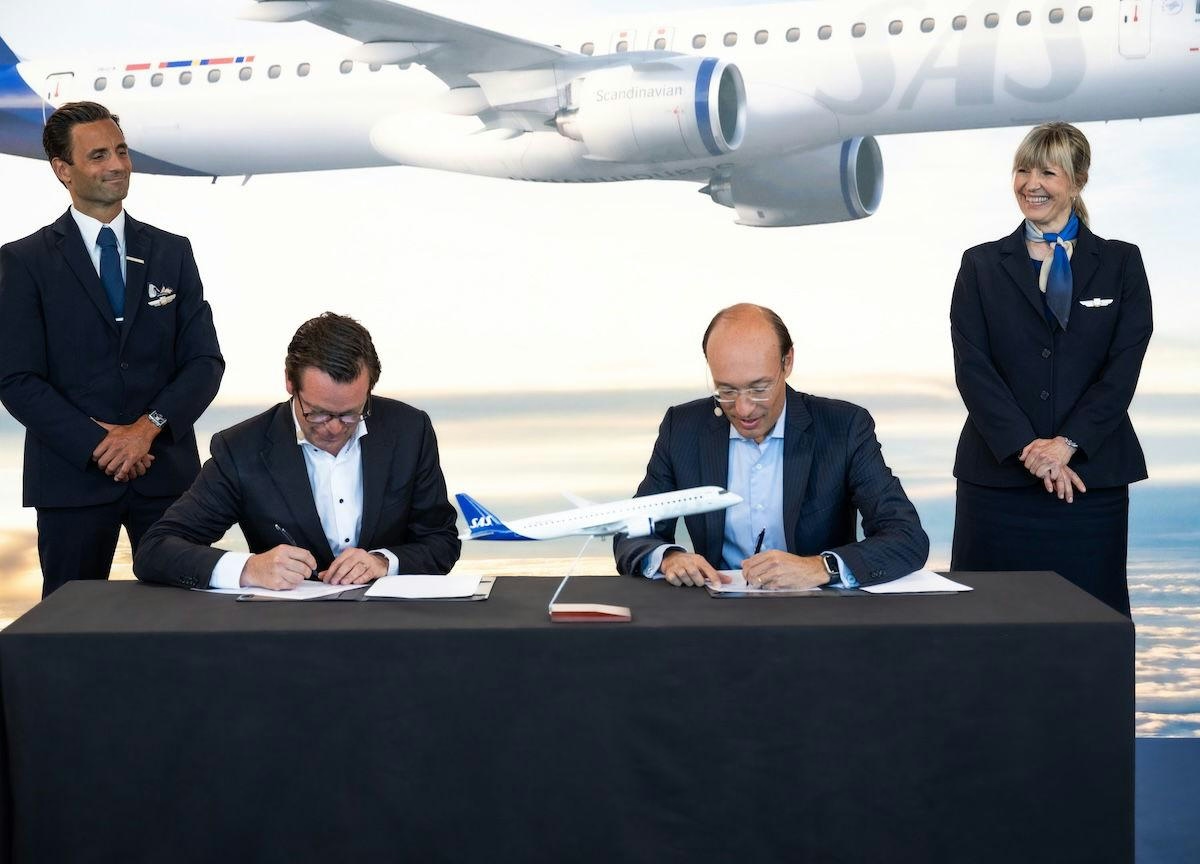
SAS Orders Up to 55 Embraer E195-E2 Jets

Portugal Hosts Aviation Pioneers at World Aviation Festival in Lisbon

World Star Aviation Backs XMAL’s First Lease Deal with easyJet
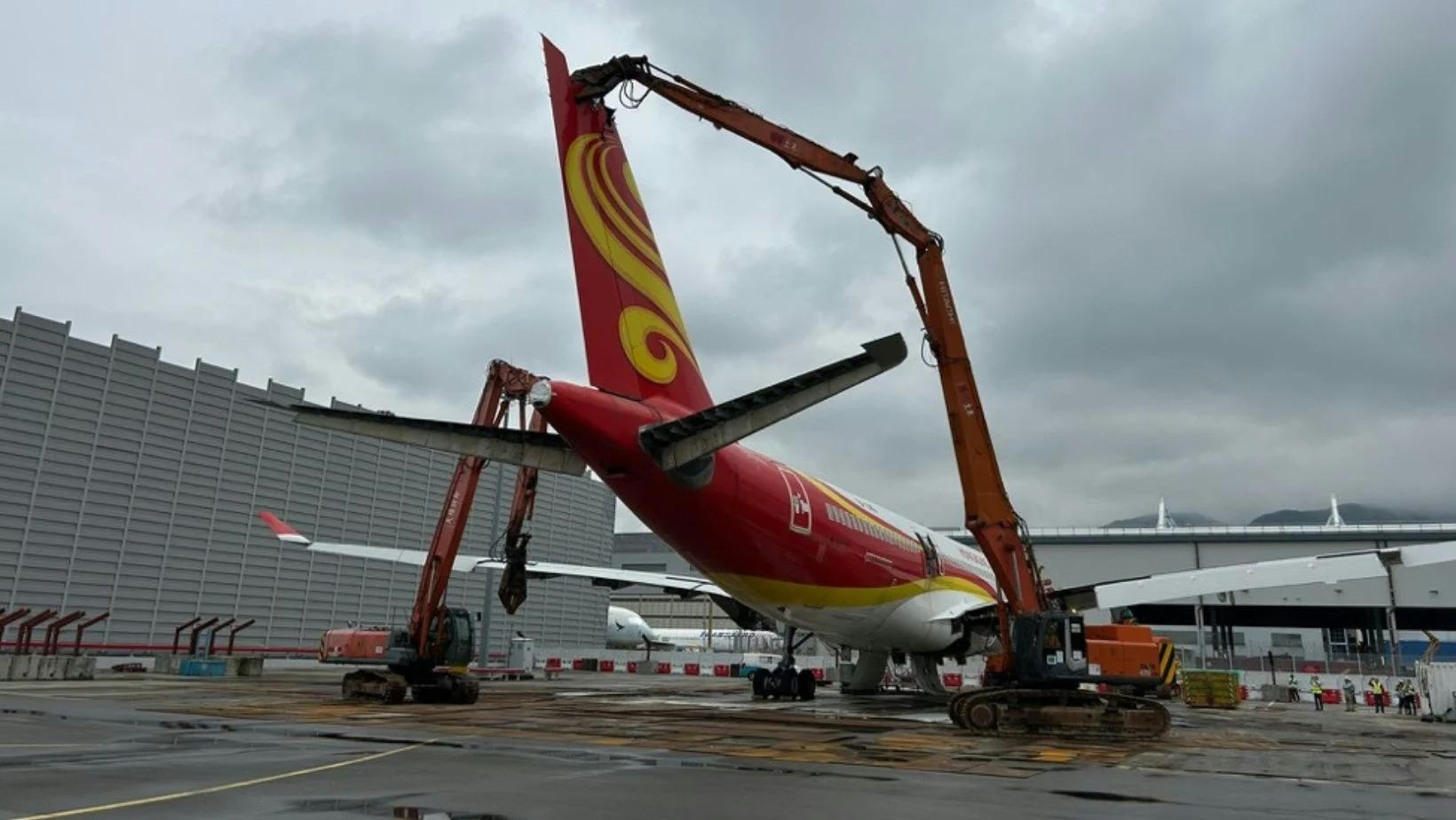
AerFin Conducts First Aircraft Disassembly at Hong Kong Airport
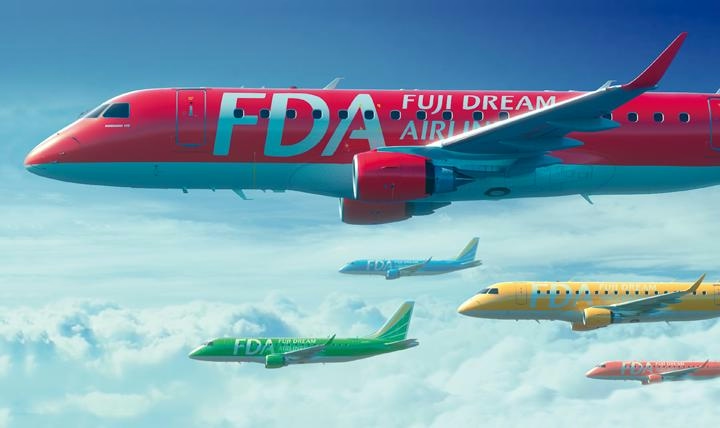
Fuji Dreams Airlines Renews Contract with IBS Software

Prague Airport Advances Traveler Experience Through Technology
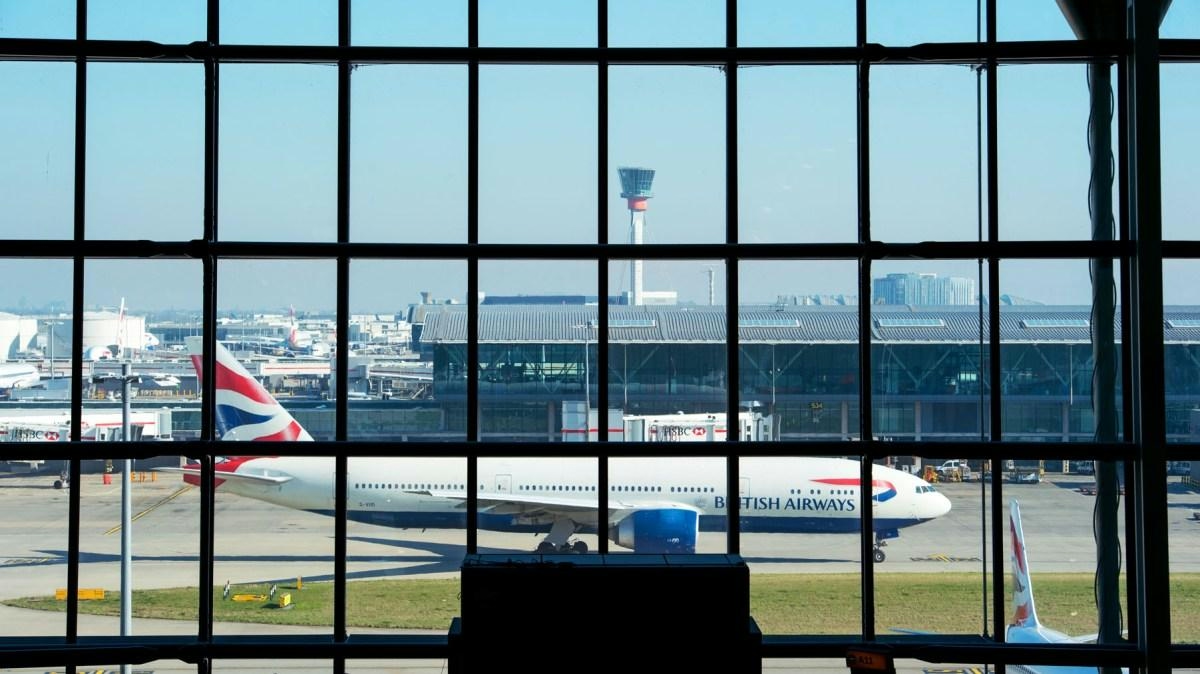
British Airways Employs AI to Reduce Delays and Cancellations
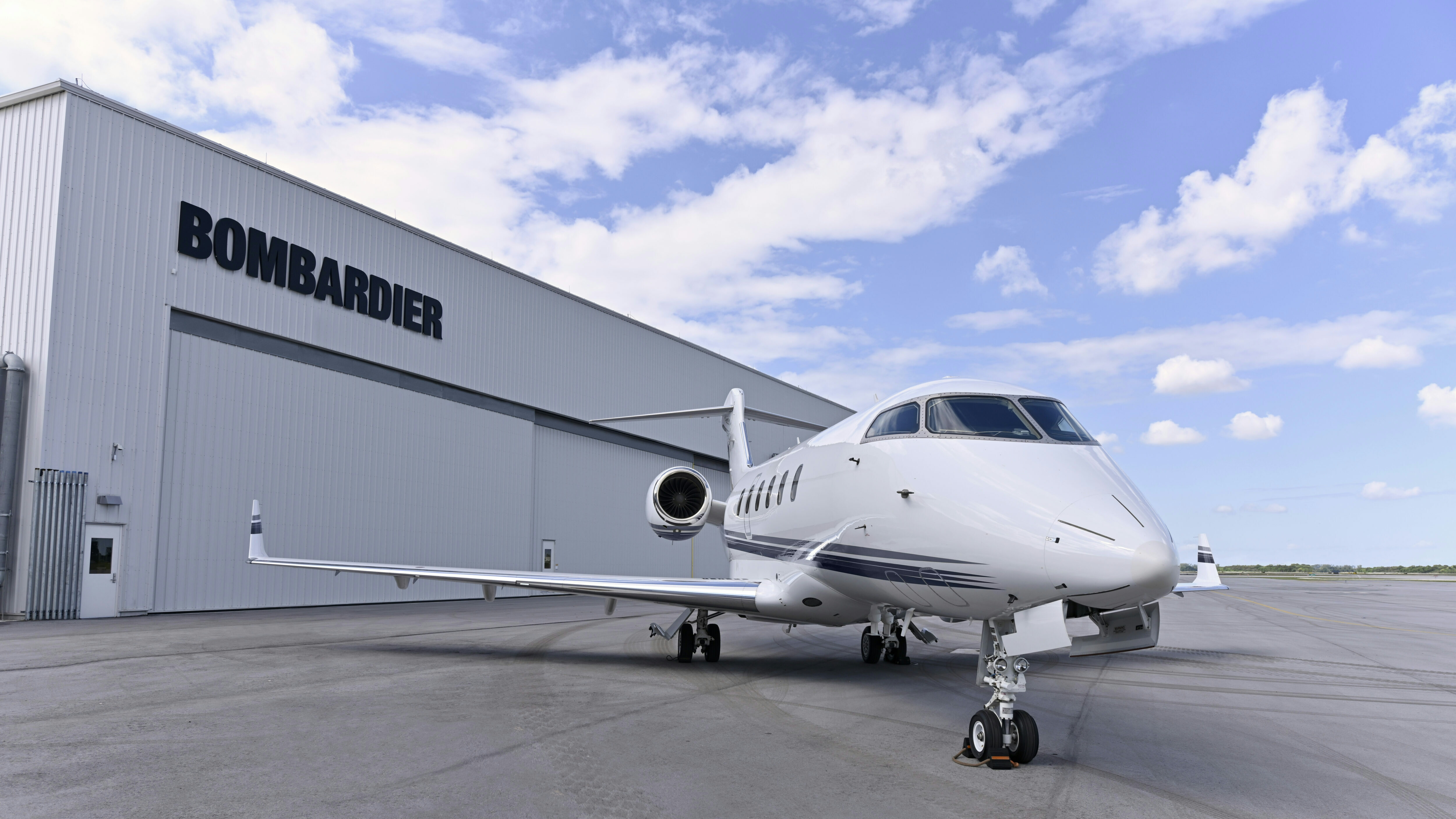
Bombardier's $1.7 Billion Deal Signals the Power of Long-Term Service Partnerships in Aviation
